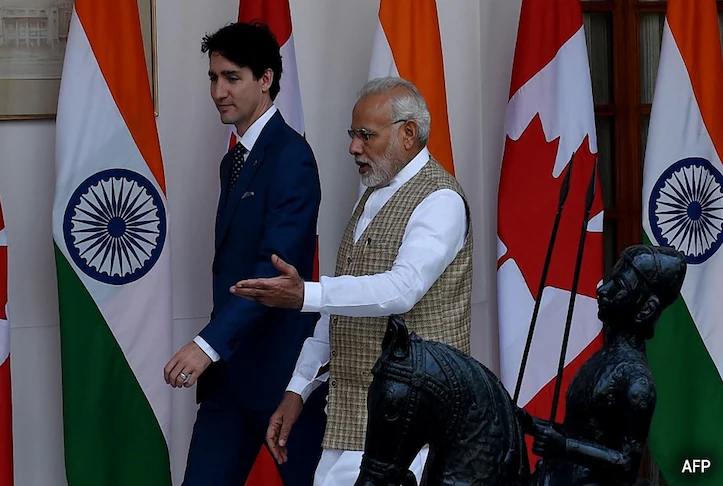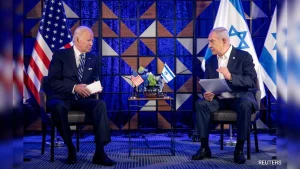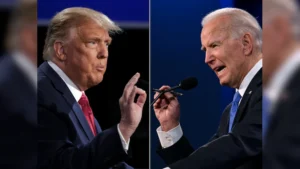Diplomatic relations between India and Canada, already tense, have taken another hit as the Canadian government walked back controversial claims about Indian leaders’ alleged involvement in criminal activities on Canadian soil. The dispute centers around accusations made by a Canadian media house, claims that Canada’s own officials have now labeled as “speculative and inaccurate.”

The Allegations and the Response
On November 14, a report by The Globe and Mail suggested that top Indian leaders, including Prime Minister Narendra Modi and External Affairs Minister S. Jaishankar, were aware of a plot to kill Sikh separatist leader Hardeep Singh Nijjar in Vancouver last year. However, Canada’s National Security and Intelligence Advisor, Nathalie G. Drouin, issued a statement categorically denying these allegations, saying, “The Government of Canada has not stated, nor is it aware of any evidence” linking Indian leaders to criminal activity in Canada.
India responded swiftly and sharply. External Affairs Ministry spokesperson Randhir Jaiswal called the report a “smear campaign,” adding that such baseless allegations only serve to worsen already strained relations.
The Root of the Crisis
The diplomatic fallout began earlier this year when Canadian Prime Minister Justin Trudeau accused India of involvement in Nijjar’s killing. Nijjar, a proponent of the banned Khalistan Tiger Force, was a controversial figure in both countries. Trudeau claimed his government had “credible allegations” linking Indian agents to the murder but failed to provide concrete evidence.
India has repeatedly dismissed these claims as “absurd” and politically motivated, accusing Trudeau of pandering to Khalistani sympathizers to secure domestic political support amid declining approval ratings.
Canada’s Media and Political Landscape
The backtracking by Canada’s government comes as a blow to its credibility. By calling the media report speculative, Canadian officials indirectly highlight the growing problem of misinformation and political opportunism. The accusations against India appear to be more about domestic Canadian politics than international diplomacy, further damaging relations with one of its key trading partners.
LifeBahn’s Perspective: Truth Must Prevail
At LifeBahn, we believe that baseless accusations and sensationalism harm not just nations but the individuals and communities caught in the crossfire. As the India-Canada diplomatic crisis unfolds, it underscores the importance of accountability in journalism and politics. Leaders must prioritize truth and evidence over divisive rhetoric to maintain the integrity of international relations.
Join the Conversation
What’s your take on the current India-Canada tensions? Share your thoughts with us at LifeBahn.
Try LifeBahn’s “a lifetime of education in 52 weeks” or GREAT@ (Globally Relevant Education And Training) Academy, helping create a prosperous future for you and your loved ones.
Autobahn — Road for Automobiles.
LifeBahn — Road for life. Built on the simple principle: While competition is a good way to succeed for a FEW, collaboration is a BETTER way to succeed for MANY.






